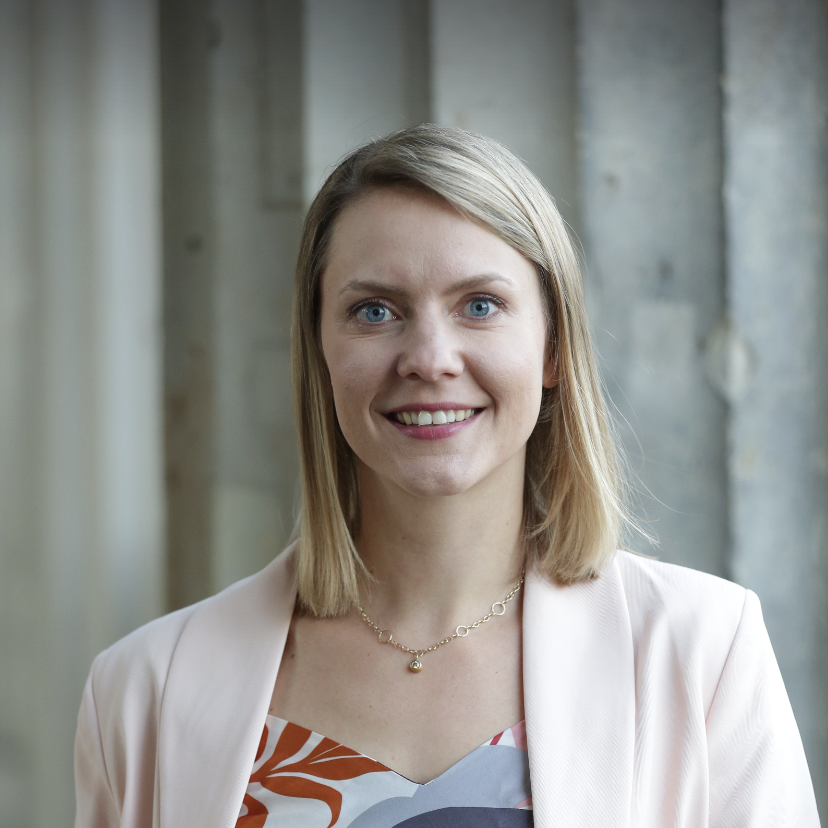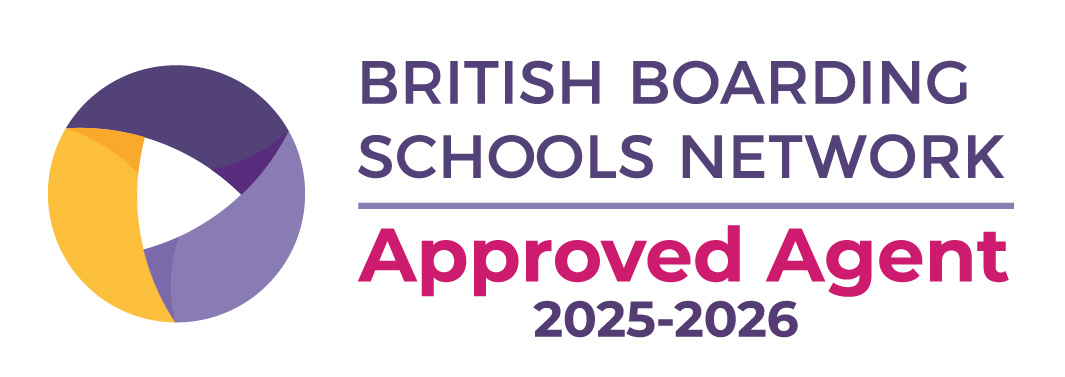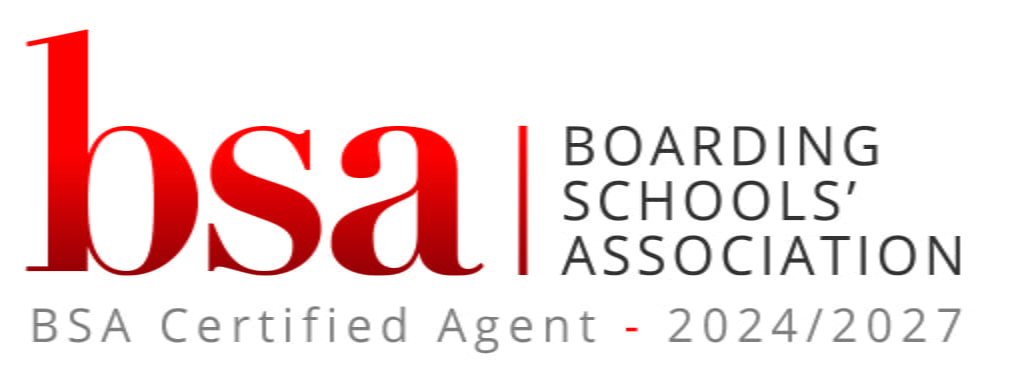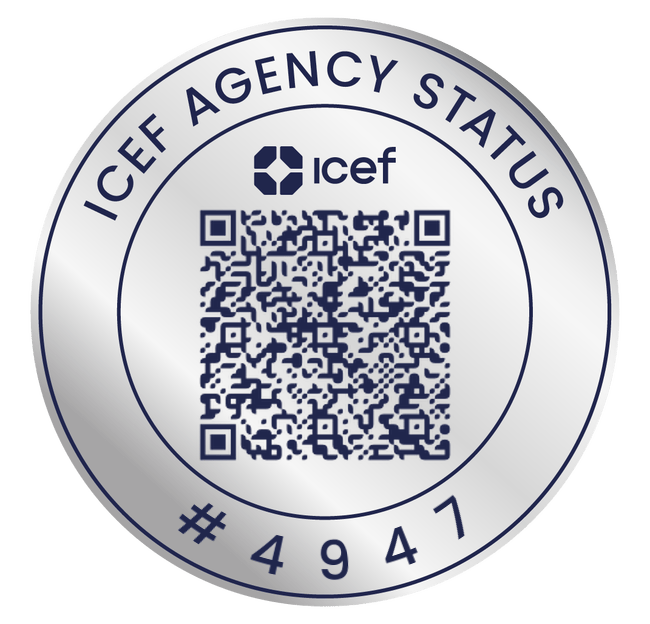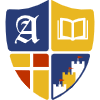Contents:
Book a free consultation today!
The International Baccalaureate – a truly global qualification
In most education systems around the world, schools follow a similar pattern: students complete a first stage of secondary education, followed by two or three years of advanced study leading to a higher-level qualification. Depending on the country, this may be the French Baccalauréat, the British A-Levels, the American High School Diploma with Advanced Placement, the Swiss Matura, or countless other equivalents. These qualifications generally grant students access to higher education.
But in today’s interconnected world where ideas, careers, and opportunities cross borders so easily, universities and employers increasingly face the question of how comparable these different qualifications really are. For example: is a high school diploma from New Zealand equivalent in depth to an A-Level from the UK? Should entry to a medical or law degree be assessed in the same way for a student presenting an Irish Leaving Certificate as for someone with the French Bac?
The International Baccalaureate (IB) was designed to provide an answer. It offers a single, internationally recognised programme with consistent standards worldwide. Whether you complete the IB in Canada, Singapore, Argentina, or Spain, the framework and requirements are the same. This reliability and comparability has earned the IB its strong reputation and broad recognition across the globe.

What is the International Baccalaureate?
The IB was created in 1968 in Geneva with the aim of offering a portable, internationally respected qualification for globally mobile families, particularly children of diplomats and international professionals. Today, it is offered in thousands of schools worldwide.
Teaching takes place in English, French, or Spanish, and schools authorised to run the IB are required to follow the same framework set by the International Baccalaureate Organization (IBO), based in Switzerland. The philosophy is not just about mastering individual subjects, but about encouraging critical thinking, intercultural understanding, and the ability to apply knowledge across disciplines.

Structure and organisation
Initially, the IB consisted only of the Diploma Programme (DP); a rigorous two-year course of study for students aged 16–19. Over time, the IB expanded into a continuum of programmes:
- Primary Years Programme (PYP): for ages 3–12
- Middle Years Programme (MYP): for ages 11–16, bridging to upper secondary
- Diploma Programme (DP): for ages 16–19, preparing students for university
- Career-related Programme (CP): for ages 16–19, with a vocational and professional focus
Not every IB school offers the full range; most specialise in the Diploma Programme, often alongside their national curriculum. Schools providing the entire IB pathway are less common, but they exist worldwide.
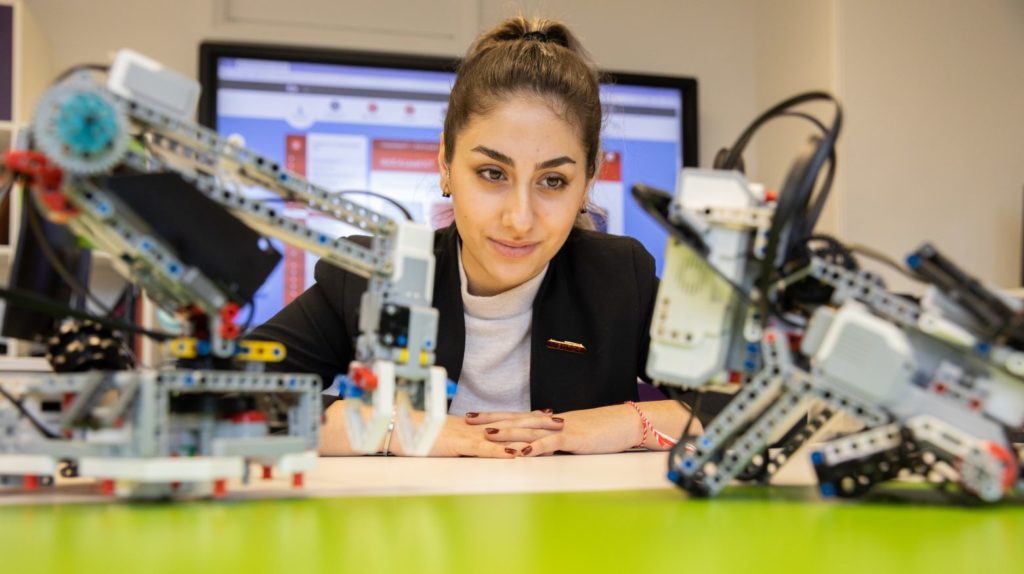
Subjects and curriculum in the IB
The IB Diploma requires students to maintain both breadth and depth. Candidates must study six subjects, selected from the following groups:
- Language and Literature (mother tongue or native-level language)
- Language Acquisition (a foreign language)
- Individuals and Societies (humanities and social sciences)
- Sciences (biology, chemistry, physics, etc.)
- Mathematics (standard or higher level)
- The Arts (or a second subject from one of the other groups)
Three subjects are taken at Higher Level (HL), requiring 240 hours of instruction, and the rest at Standard Level (SL), requiring 150 hours.
In addition, students complete three core components:
- Theory of Knowledge (TOK): developing skills in critical thinking and inquiry.
- Creativity, Activity, Service (CAS): engaging in creative pursuits, physical activities, and community service.
- Extended Essay (EE): an independent 4,000-word research project.
Students who do not fulfil all Diploma requirements may still earn IB course certificates for the subjects completed.
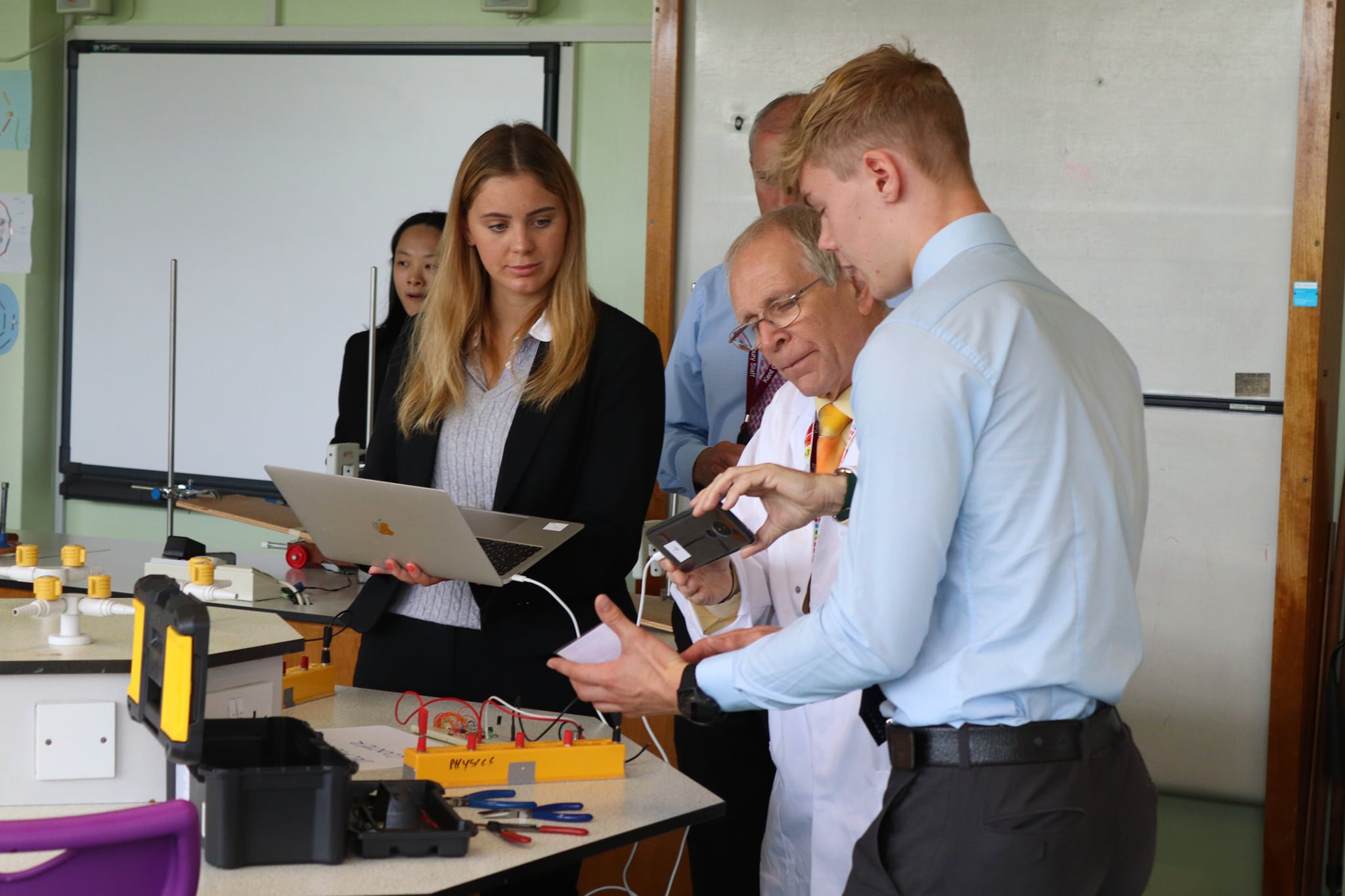
The big advantage: you can study anywhere in the world
One of the greatest strengths of the IB is its portability. Students can complete the qualification at thousands of schools across the globe and then use it to apply to universities in virtually any country.
IB schools vary widely: some are small boarding schools, others large urban campuses. Some are known for outstanding sports facilities, others for the arts or sciences. The common thread is that the IB Diploma is recognised for university entrance worldwide, from the Ivy League in the United States, to the Russell Group in the UK, to institutions across Europe, Asia, and beyond.
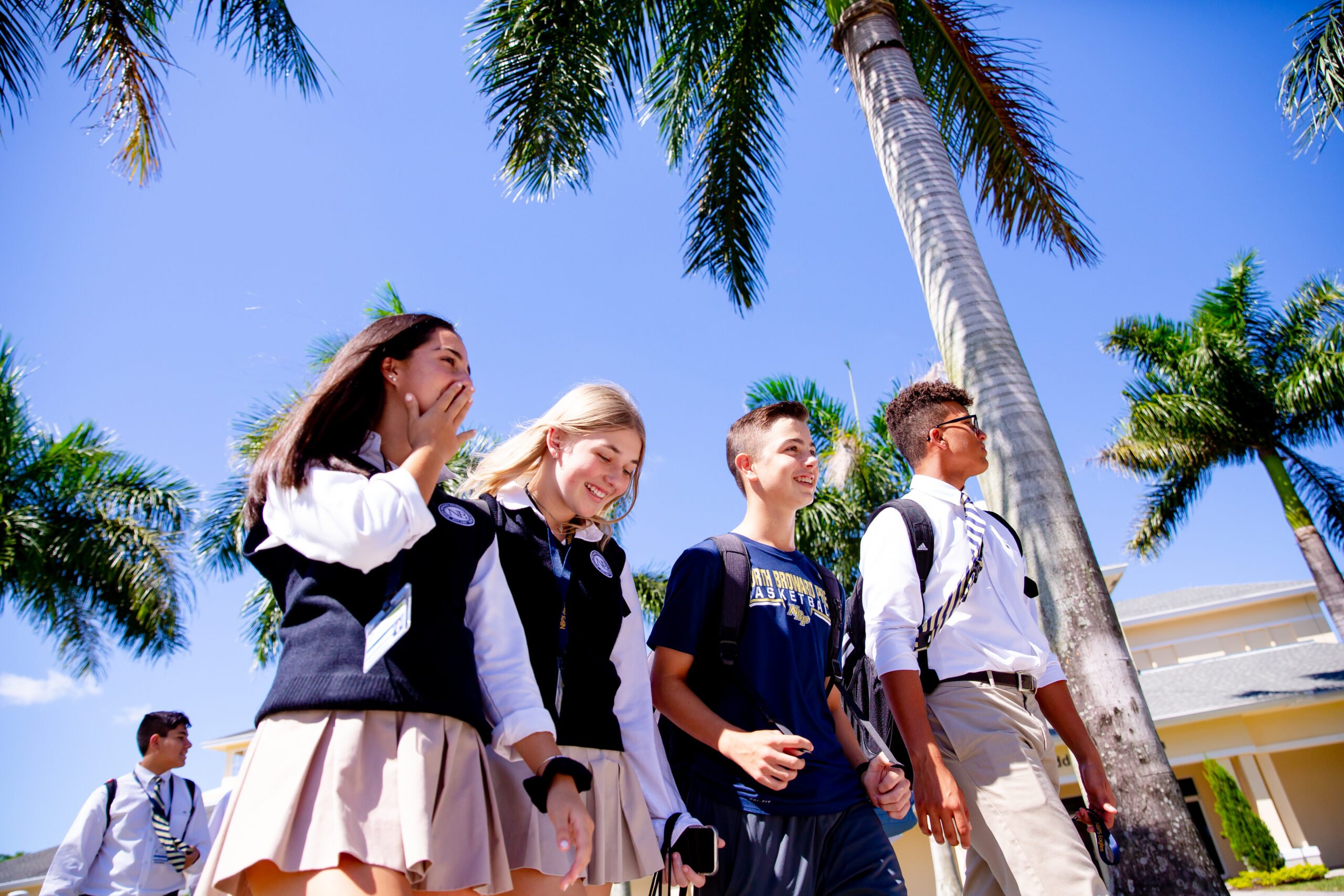
The IB compared with other qualifications
Many schools that offer the IB also provide alternative pathways such as A-Levels, the French Bac, Advanced Placement (AP), or national high school diplomas. While each system has its strengths, the IB’s balanced curriculum and international recognition often make it simpler for students to apply abroad.
Unlike qualifications that may require additional checks or recognition depending on the country, the IB Diploma is widely trusted by universities as evidence of strong academic preparation. Its emphasis on independent research, service, and critical thinking also sets it apart from many national systems.
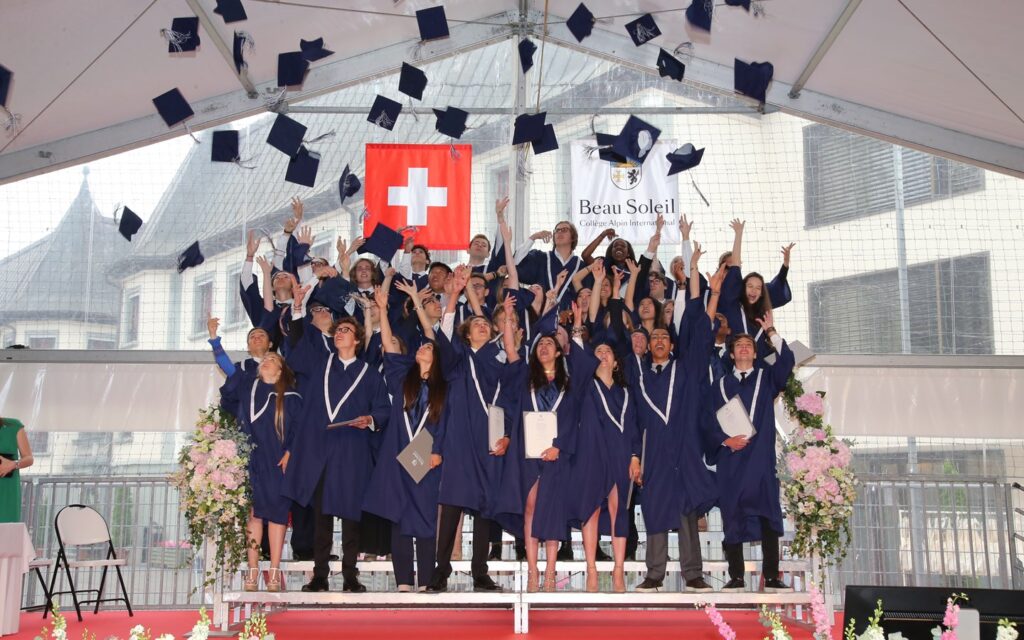
Many pathways to the International Baccalaureate
Although the structure of the IB Diploma is consistent worldwide, the experience varies enormously between schools. Life at a boarding school in Switzerland feels very different from an international day school in Tokyo or a public high school in Canada offering the IB alongside the national curriculum.
Schools also differentiate themselves by the range of subjects available, the extracurricular opportunities offered, and the cultural context in which learning takes place. For example, some IB schools allow students to study languages rarely offered elsewhere, or specialise in certain sciences or social sciences.

International Baccalaureate FAQ
Is the IB recognised for university admission?
Yes. The IB Diploma is accepted by universities across the globe, including in the UK, US, Canada, Australia, Europe, and Asia. Recognition may depend on achieving specific grades in certain subjects, but the qualification itself is trusted and valued.
Where can you take the IB?
At any school authorised by the International Baccalaureate Organization. There are thousands of IB World Schools across every continent.
How does the IB differ from other qualifications?
The IB places strong emphasis on breadth of study, independent research, and critical thinking. It requires engagement in creative, physical, and service activities alongside academic study, making it a holistic preparation for higher education and life beyond school.
Schedule a free consultation
How can we help you?
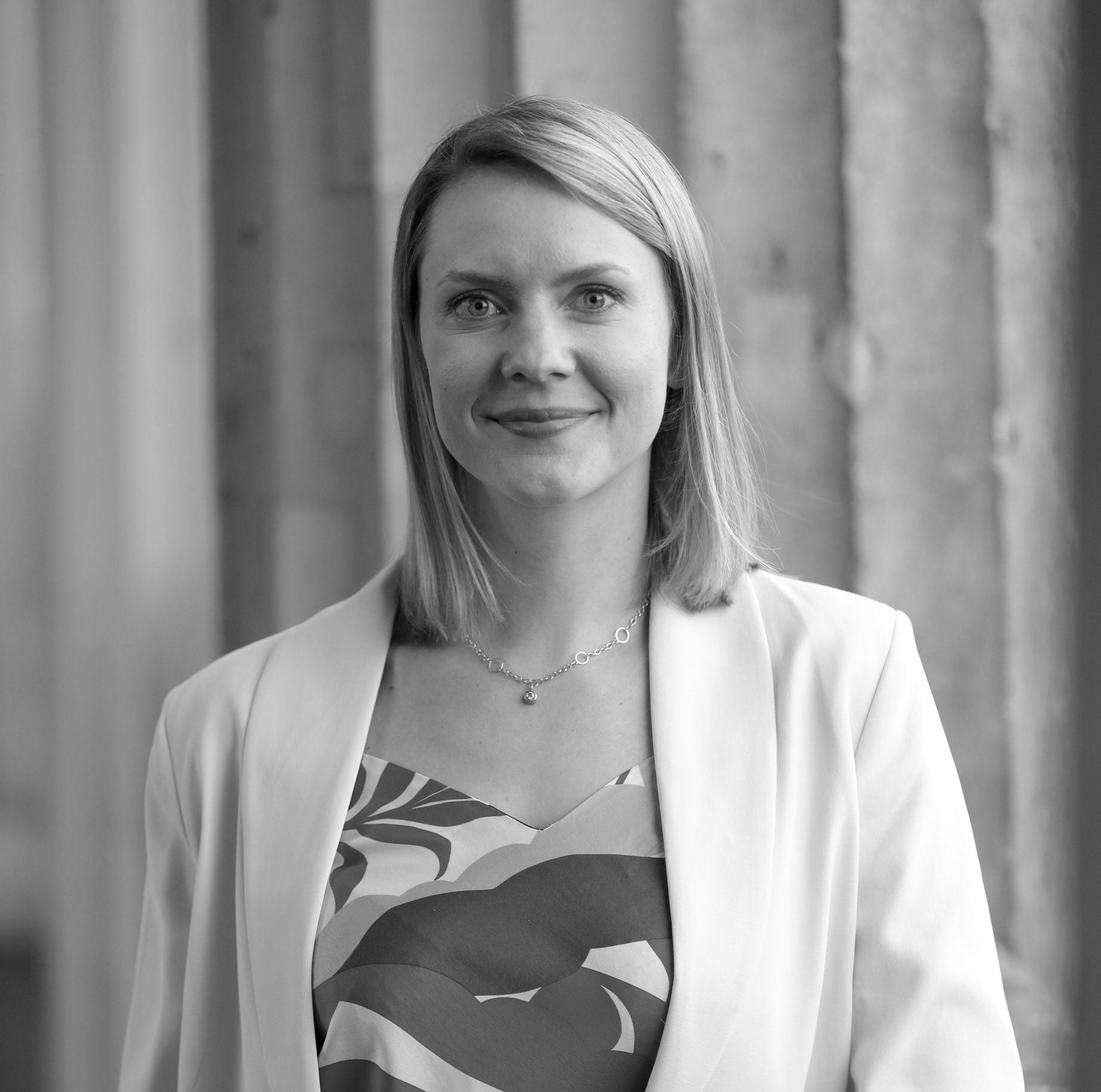
Julia Wilmes
Managing Director
Supporting families through these important steps in their children’s educational journey has become my heartfelt mission since founding Akademis. That is why it is especially important to me that we dedicate ourselves to every student seeking a boarding school with empathy and personal care.
